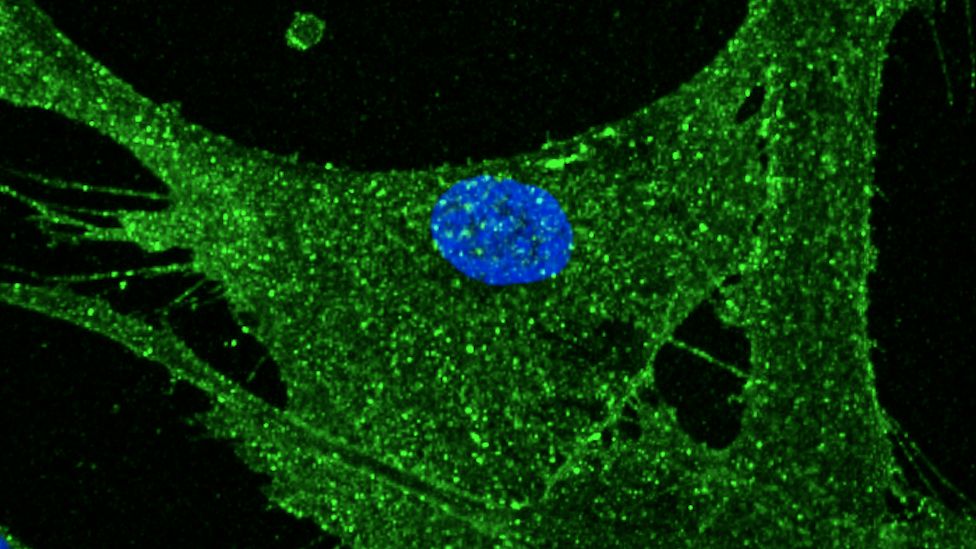|
A remarkable breakthrough, scientists at the Babraham Institute in Cambridge have found a way to effectively rejuvenate the skin of a 53-year-old woman so that it looks and behaves like the skin of a 23-year-old. "We have been dreaming about this kind of thing," said team leader Prof Wolf Reik. "Many common diseases get worse with age and to think about helping people in this way is super exciting." The method, known as IPS, typically involves adding a mixture of chemicals to adult cells for around 50 days, which eventually turns them into stem cells. In this case, however, the subject was only exposed to the mixture over 12 days, which surprisingly caused the cells to rejuvenate into younger skin cells rather than to turn into stem cells. "I remember the day I got the results back and I didn't quite believe that some of the cells were 30 years younger than they were supposed to be," said Reik. "It was a very exciting day!" Unfortunately, for now at least, it is not possible to repeat this on patients in a clinical setting because the process significantly increases the risk of cancer. With the possibility of rejuvenating skin cells in this way proven beyond a doubt, however, it will only be a matter of time before someone finds a way to do it without the risk. The same method could also help to tackle a range of age-related conditions. "The long-term aim is to extend the human health span, rather than the lifespan, so that people can get older in a healthier way," said Reik. Source: https://www.bbc.com/news/science-environment-60991675
0 Comments
Leave a Reply. |
Helena MatiasEditor Archives
April 2024
Please take a look below at the amazing work of Author and researcher Stephen Quayle
Categories
All
|



